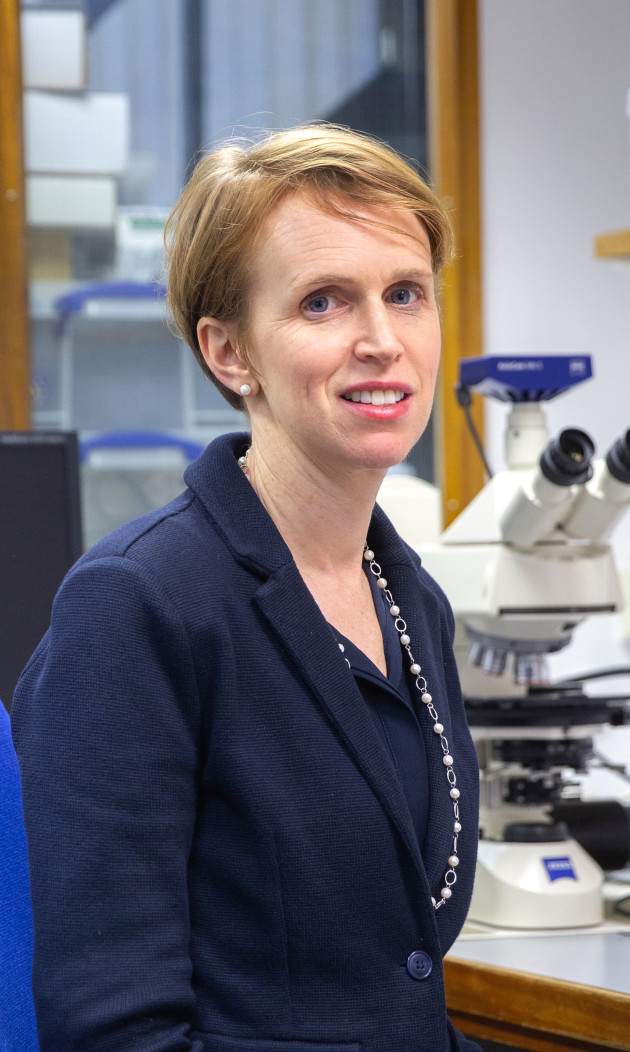 How long have you been working at Imperial College and what do you enjoy about working in the Department of Civil and Environmental Engineering?
How long have you been working at Imperial College and what do you enjoy about working in the Department of Civil and Environmental Engineering?
I came to Imperial College in 2004, following two years of working as a College Lecturer in University College Dublin, Ireland. Working at Imperial has enabled me to work with talented and committed colleagues, develop an international profile, access fantastic computing and experimental facilities, collaborate with talented colleagues in other departments, and interact with amazing undergraduate and postgraduate students.
You are Chair of the Department’s Equality, Diversity and Departmental Culture Committee. Can you tell us more about this?
This role arose as a consequence of the Department’s involvement in the Athena Swan scheme which invites academic institutions to look at how they are supporting female staff and students to ensure equality of opportunity. The role however has a broader mandate and looks at how we can support diversity and inclusivity within the Department. The committee is a forum that enables staff and students to discuss issues around working culture and think about how we can work better together to achieve the Department’s overall aims.
Tell us about your main research interests
My research focusses on the behaviour of granular materials. Granular materials, including soil, have a very complicated mechanical response. I am trying to come up with fundamental explanations for aspects of this complexity with the overall aspiration of then improving tools for practical engineering analysis. I really like working at the boundary between disciplines and I have collaborations with the Dept. of Materials and the Dept. of Mechanical Engineering.
How and why did you become an academic?
I decided to do a PhD while working in industry as it seemed to me that the engineers with PhDs were always selected to work on the more interesting projects. My PhD research was pretty theoretical and so to stay working in that area it made sense to try out a career in academia. My sister spotted an advertisement in an Irish newspaper and that led to my first position. I applied to Imperial after a chat with a member of staff from Imperial at a drinks reception at a conference.
What excites you most about your role?
I like the mix of thinking about how to develop students and developing research ideas. I have enjoyed the travel opportunities presented.
Why should people study at PhD level in your academic area?
None of my PhD students who has chosen to work in industry has ever had any problems getting a pretty interesting job. To continue in research / academia a PhD is essential. If you are interested in spending three to four years looking at something in detail and experiencing academic research, you certainly will have many options for you in the future.
What are you looking for in a PhD student?
Good communication skills, team skills, strong background in mechanics, willingness to learn and take responsibility for their own work.
Do you have any advice for students wanting to study for a PhD?
Firstly, you need to select a project / supervisor whose research excites you. If you can choose your supervisor think about this carefully. Take a very careful look at the webpage of any potential supervisor. Are they publishing actively? When you talk to them ask them questions like the following: Do they have a few other students who will be able to support you? Do they run group meetings? Ask them about their approach to publishing as having papers may be essential to your future career. Ask them how they support the career development of their students?